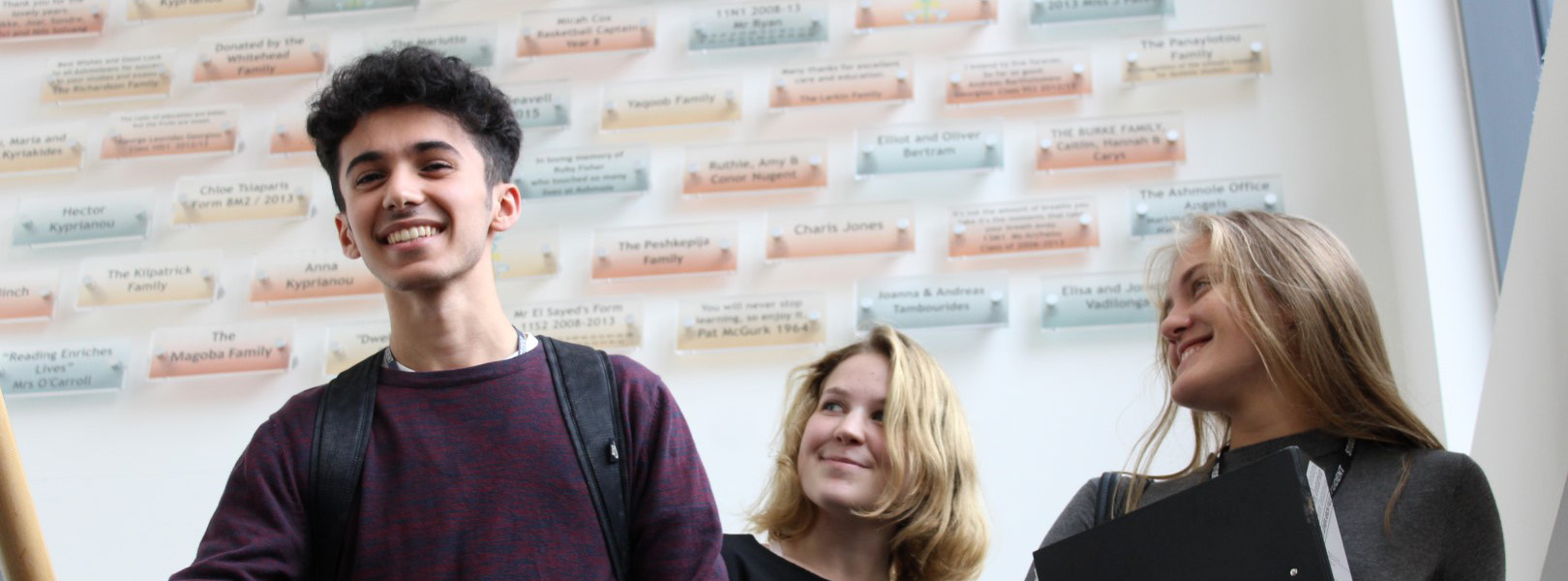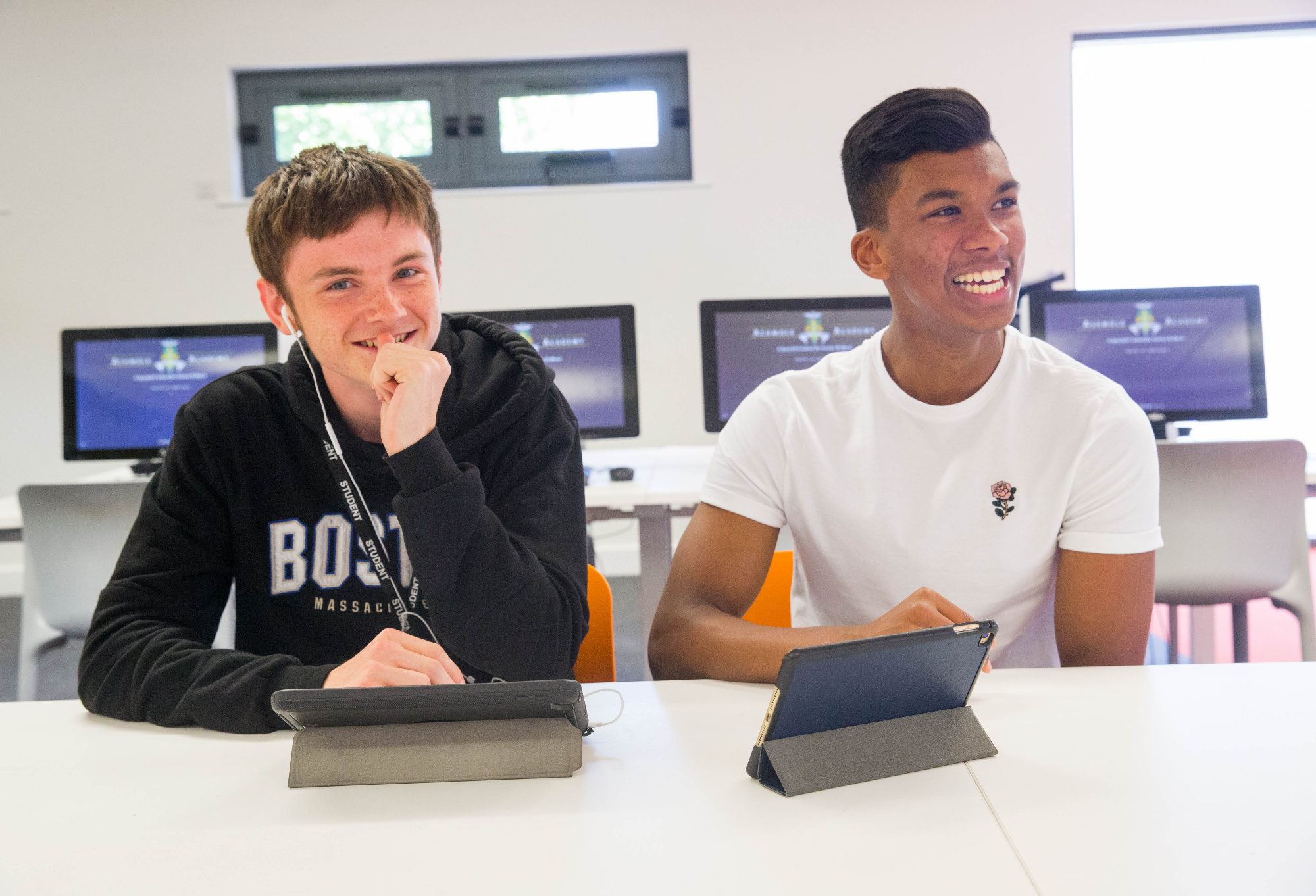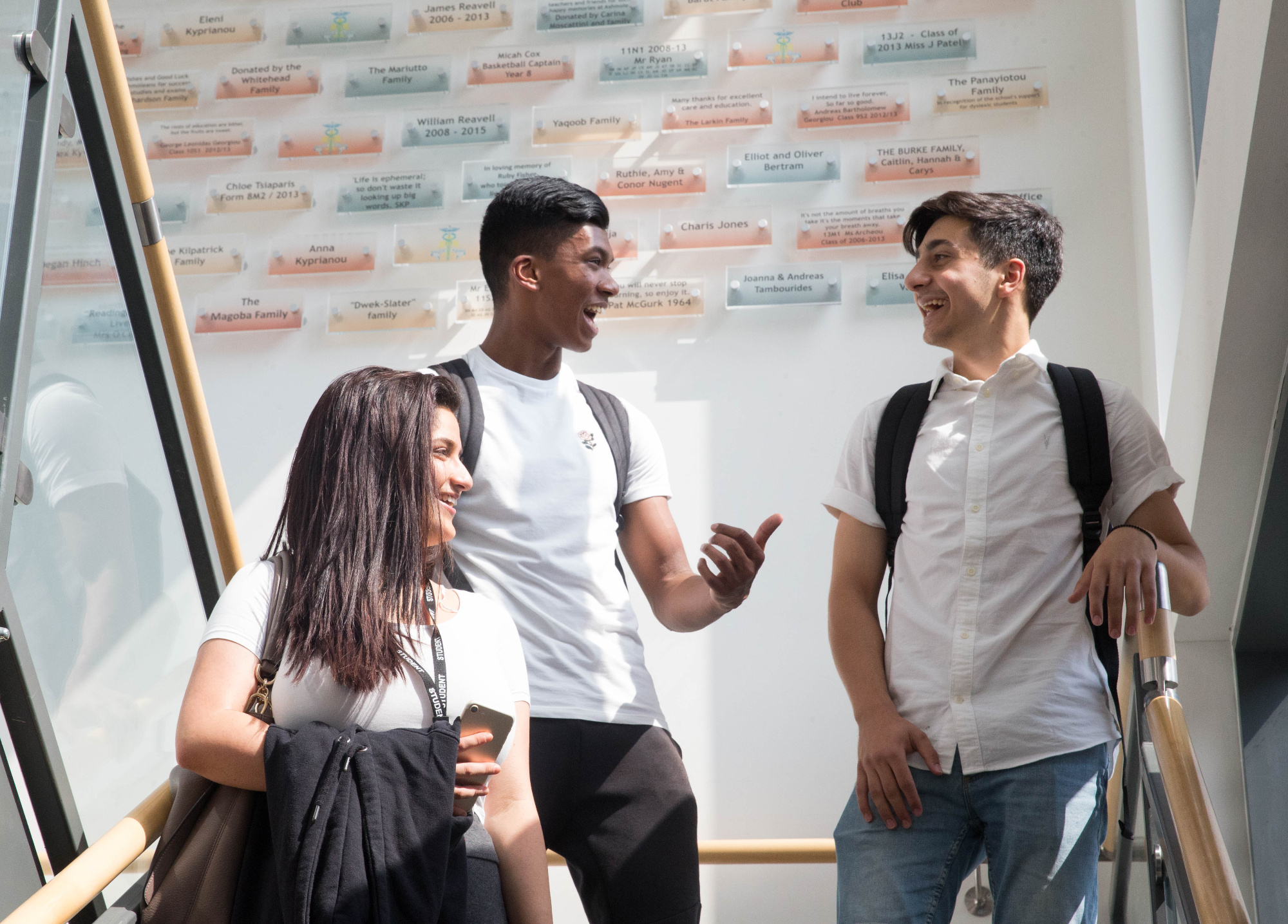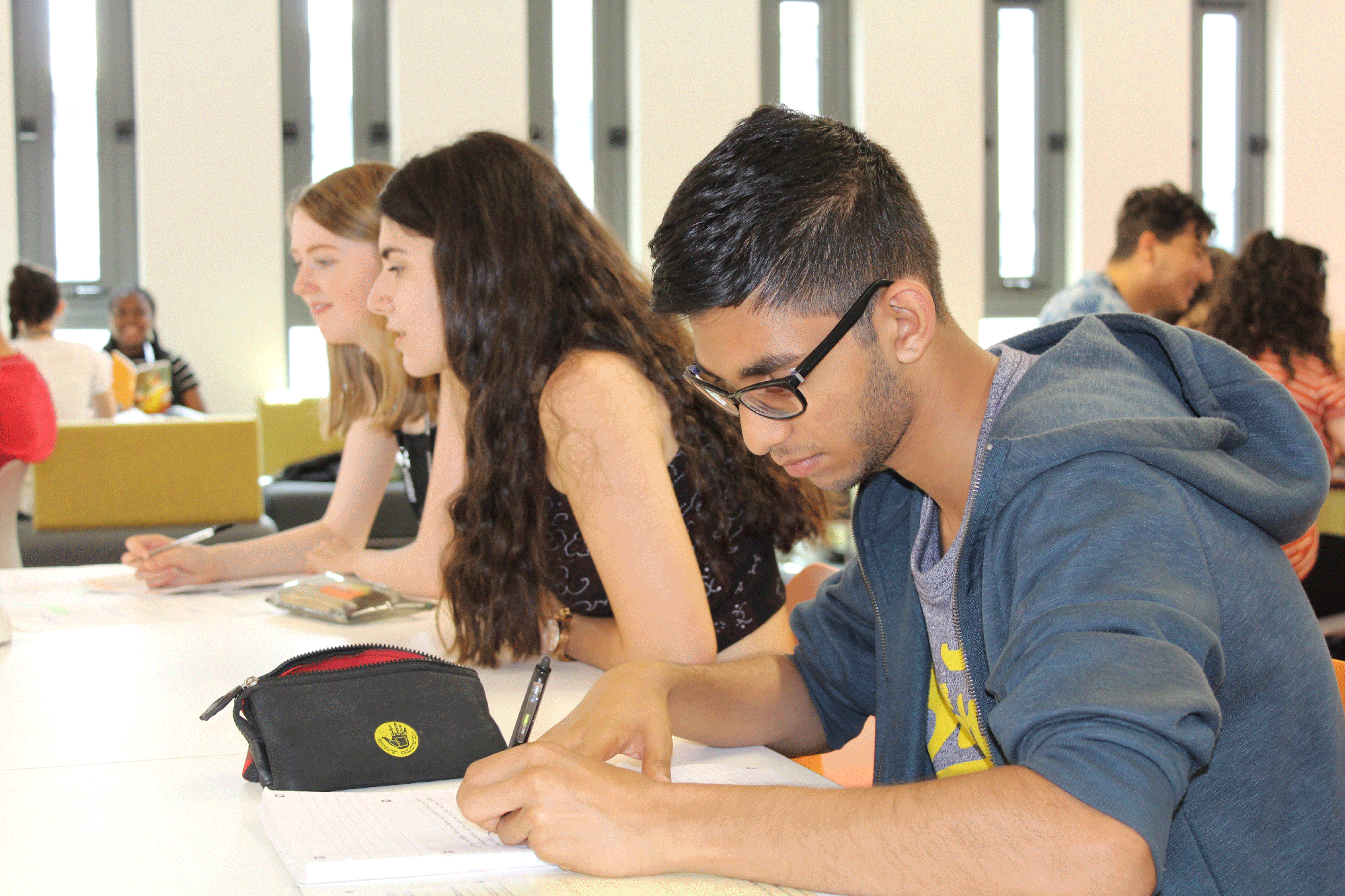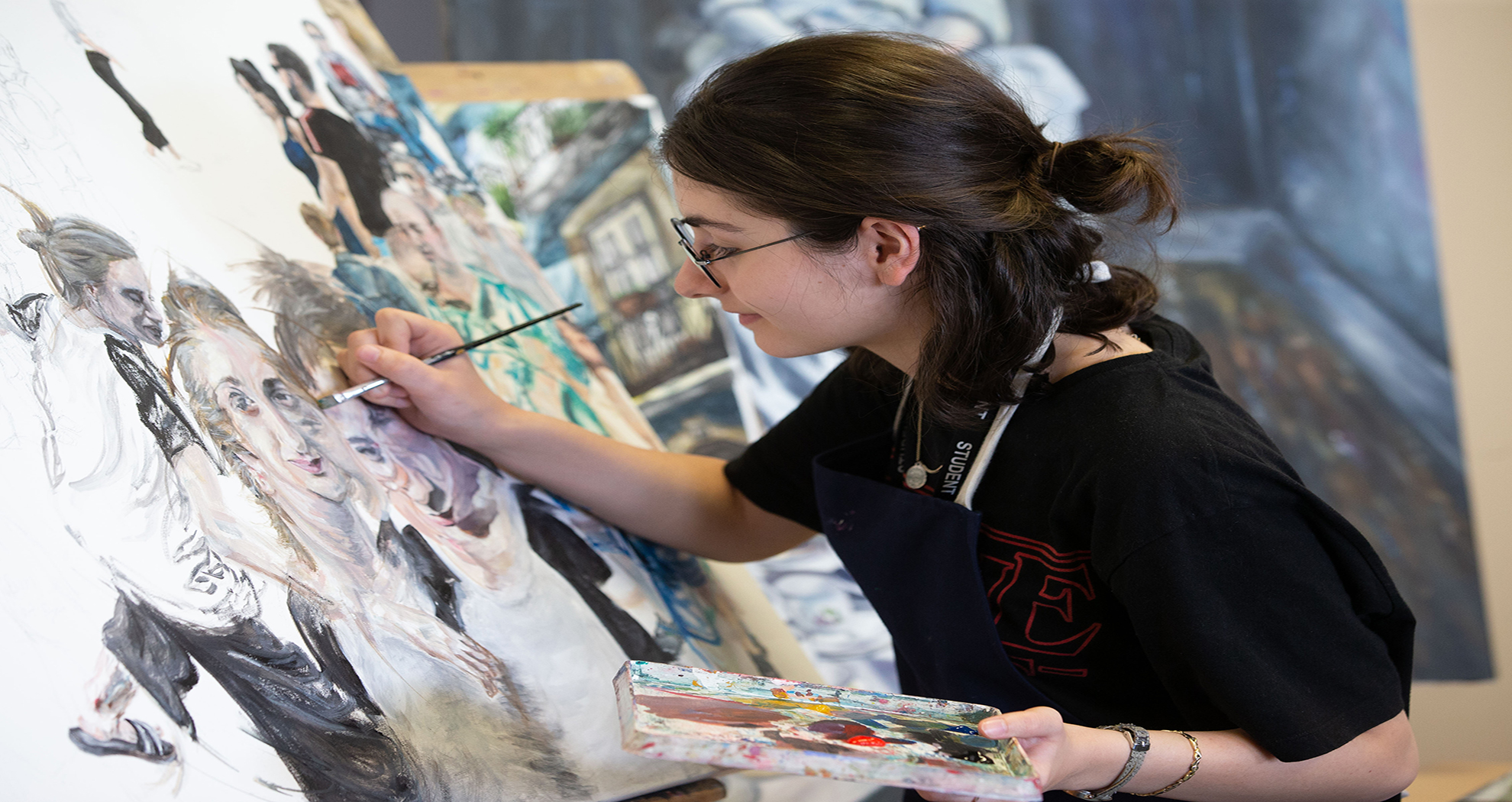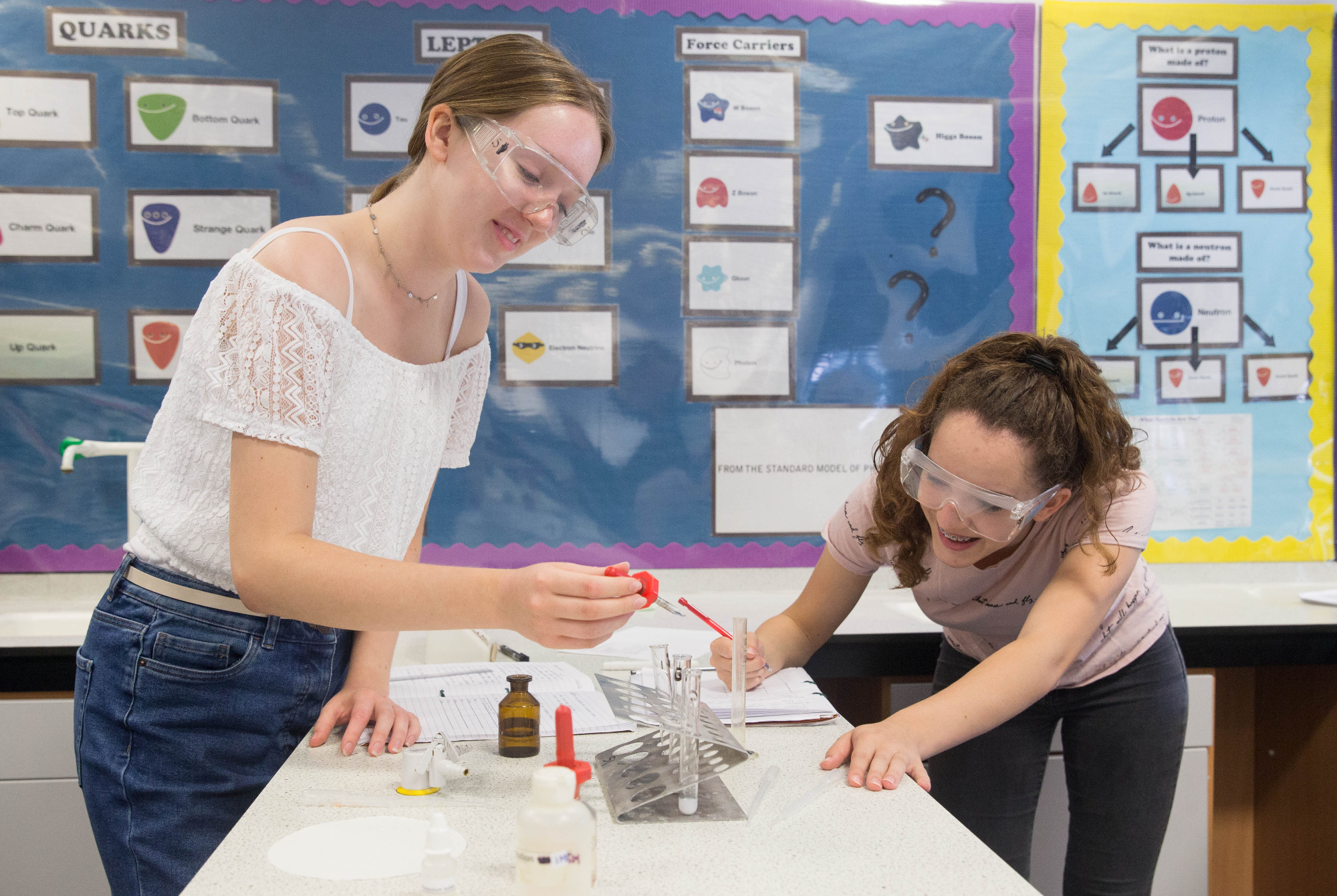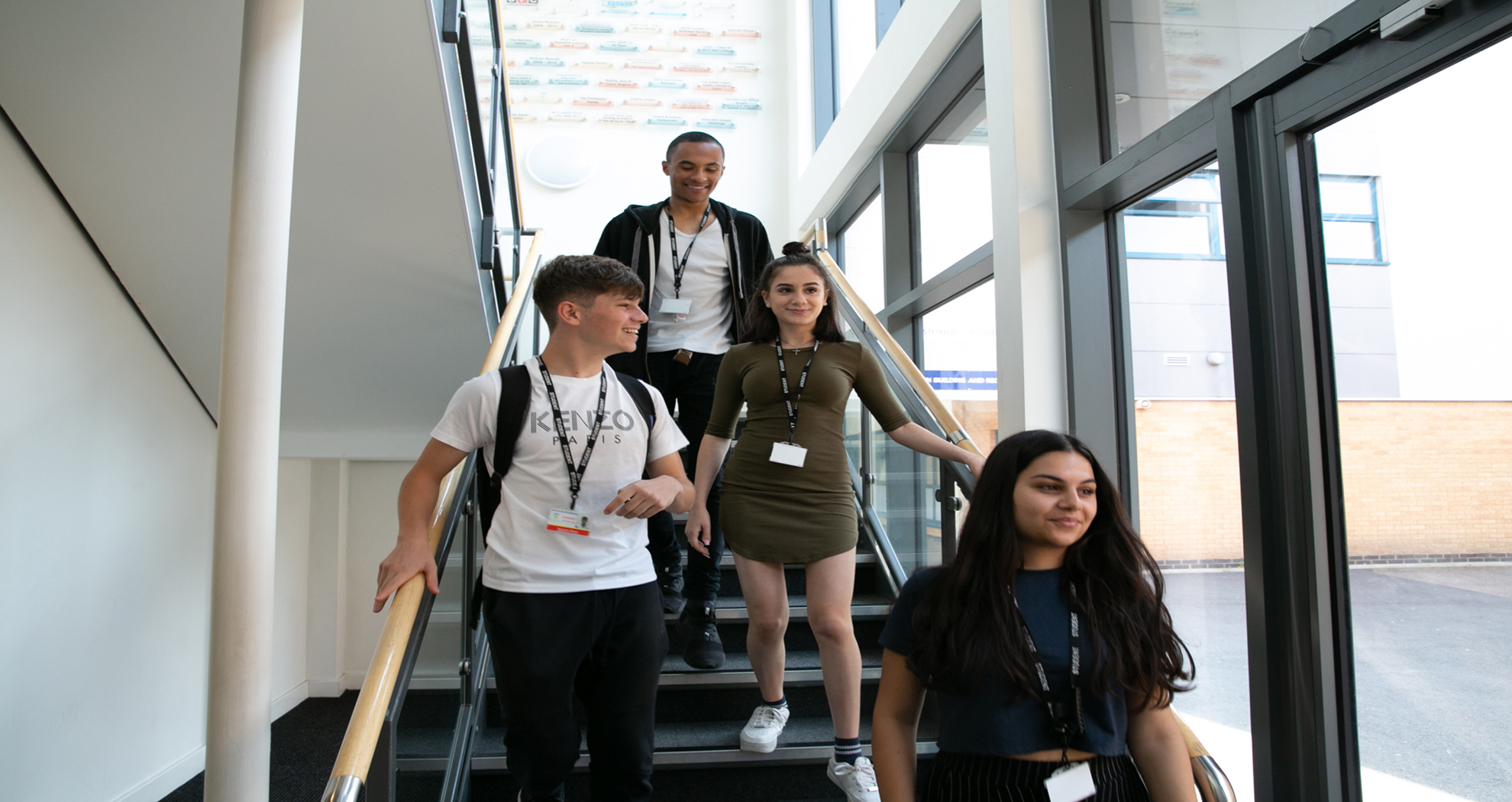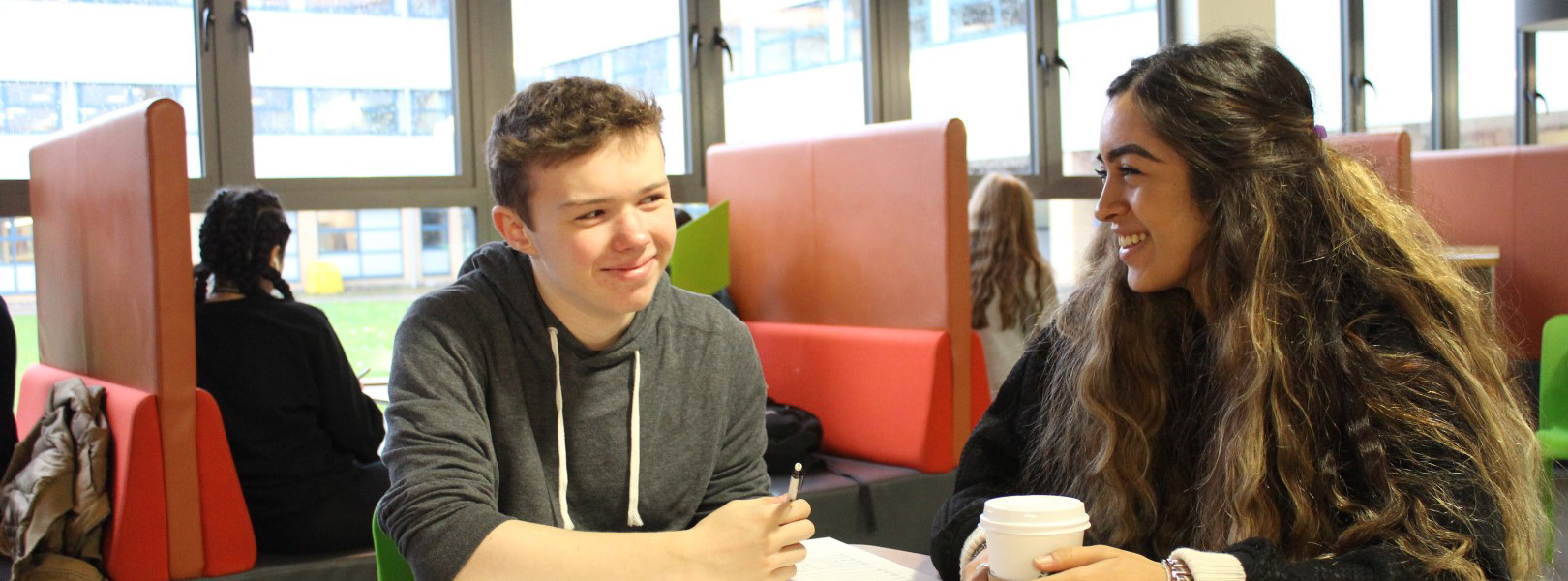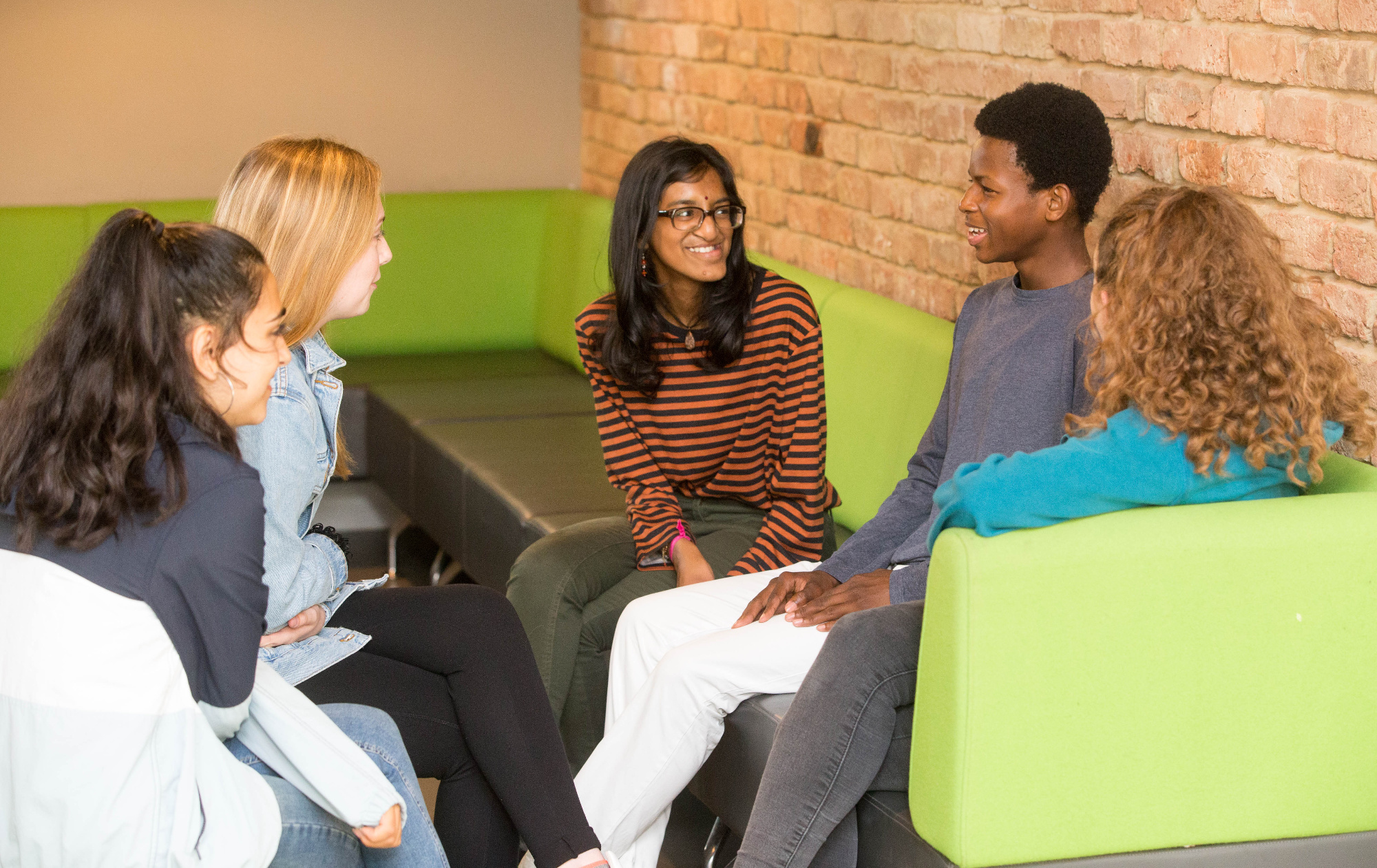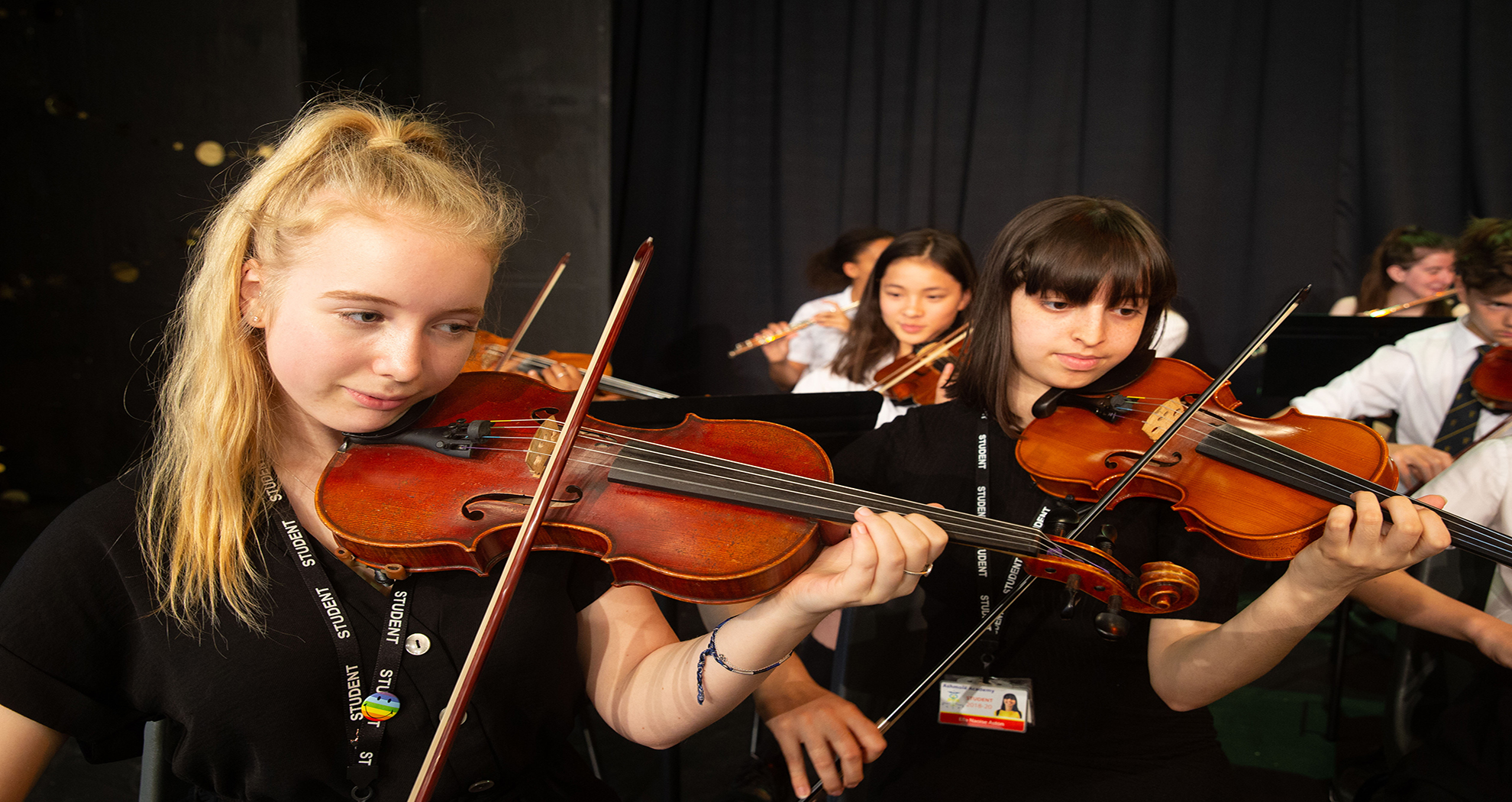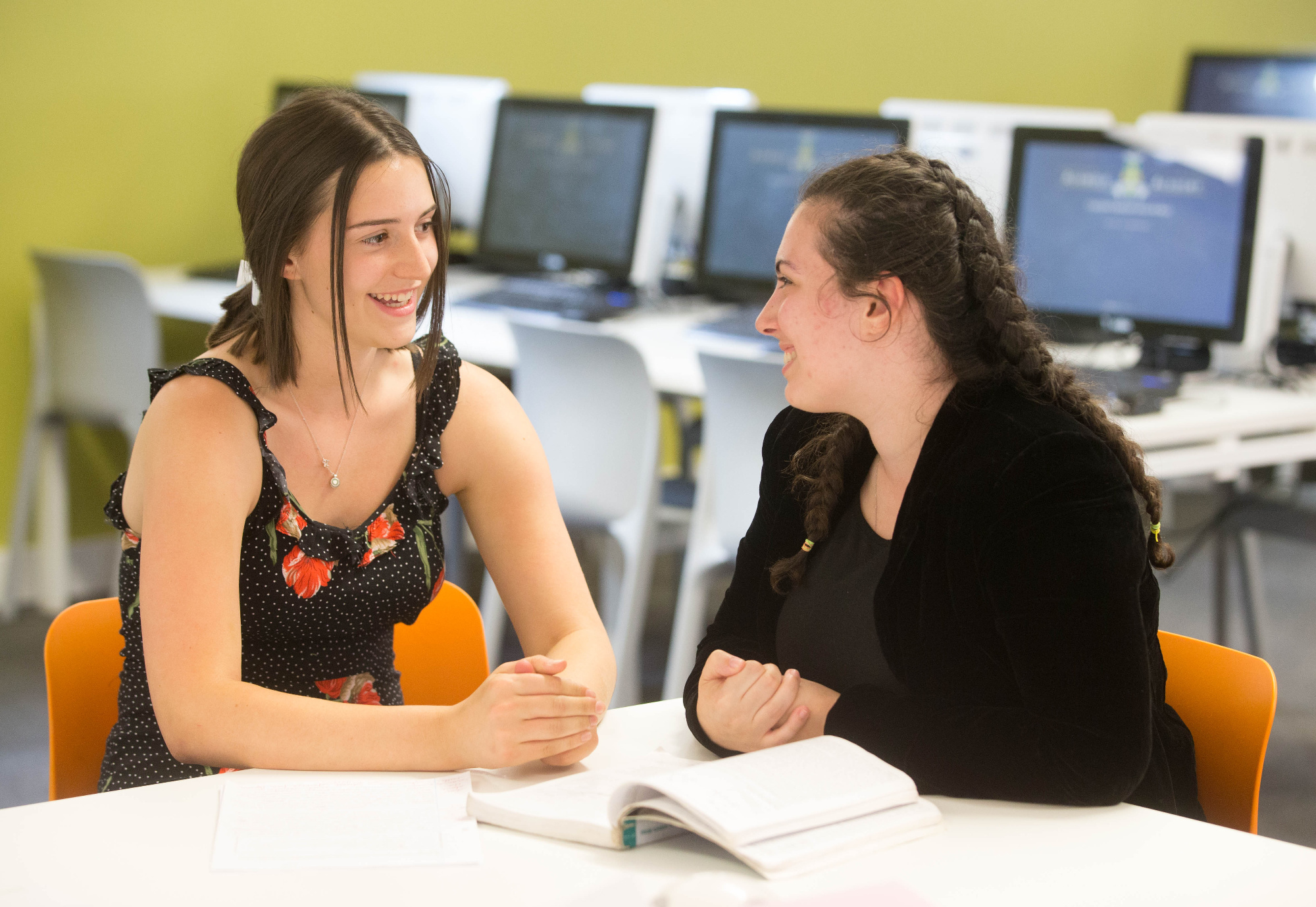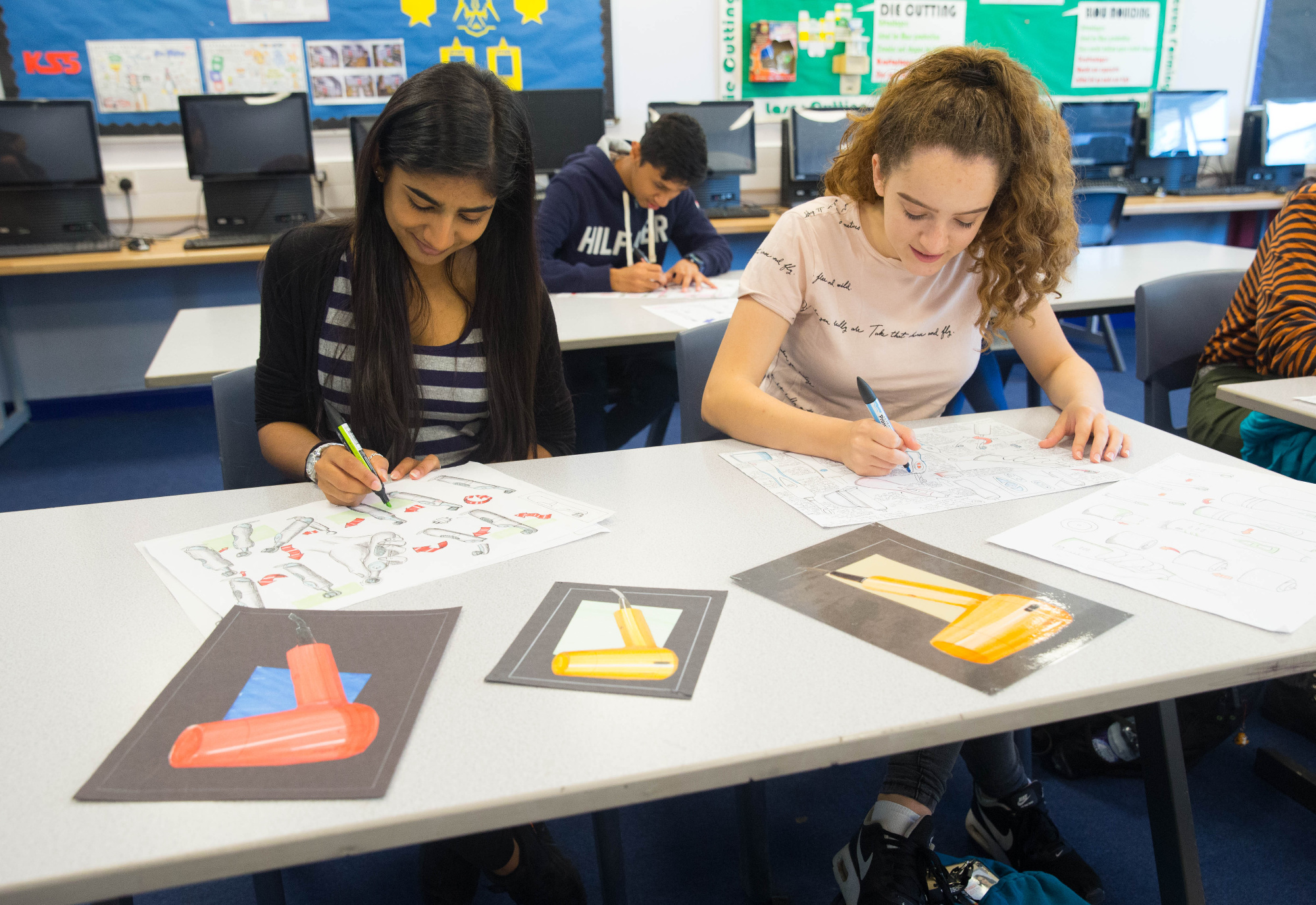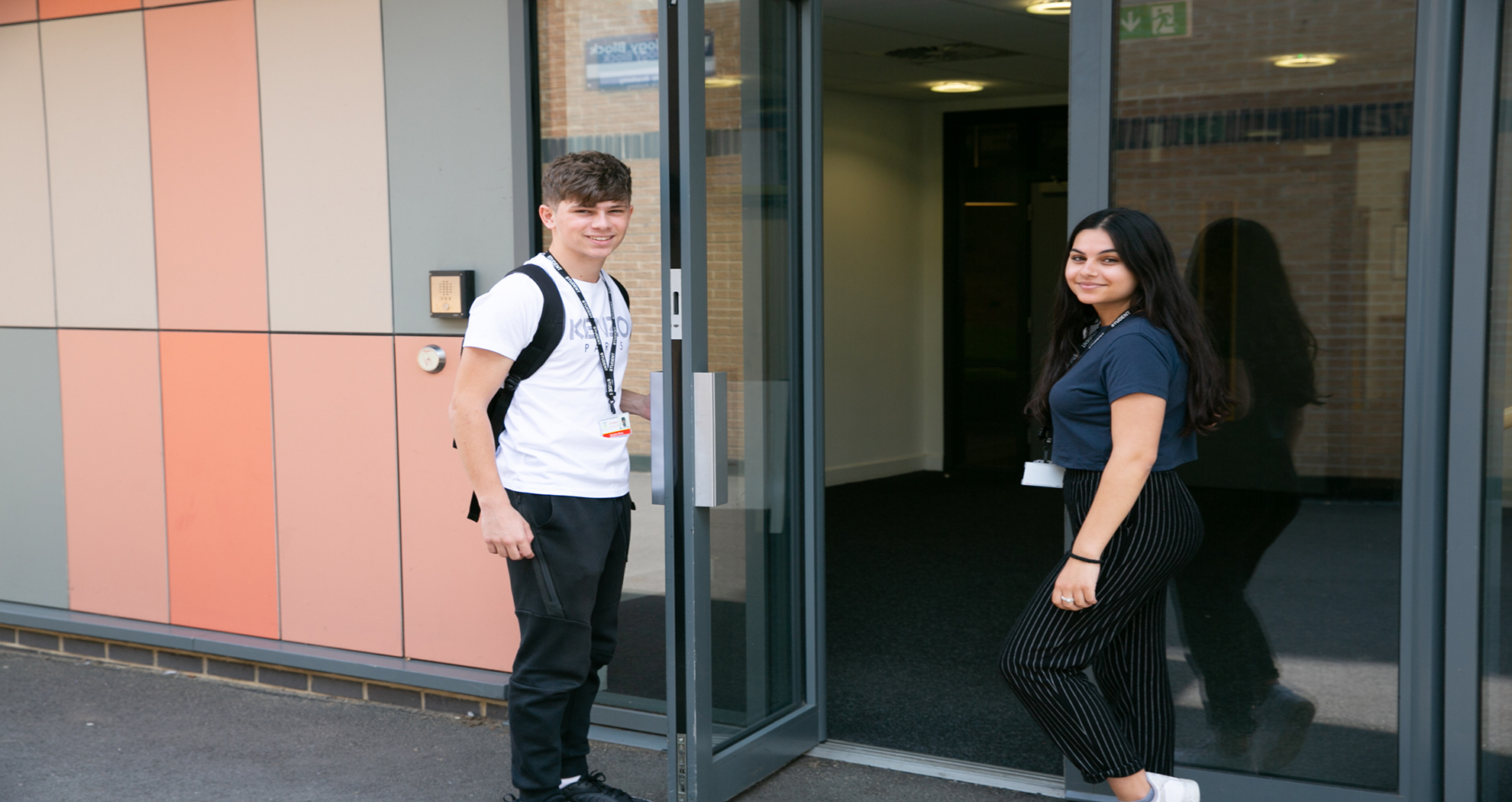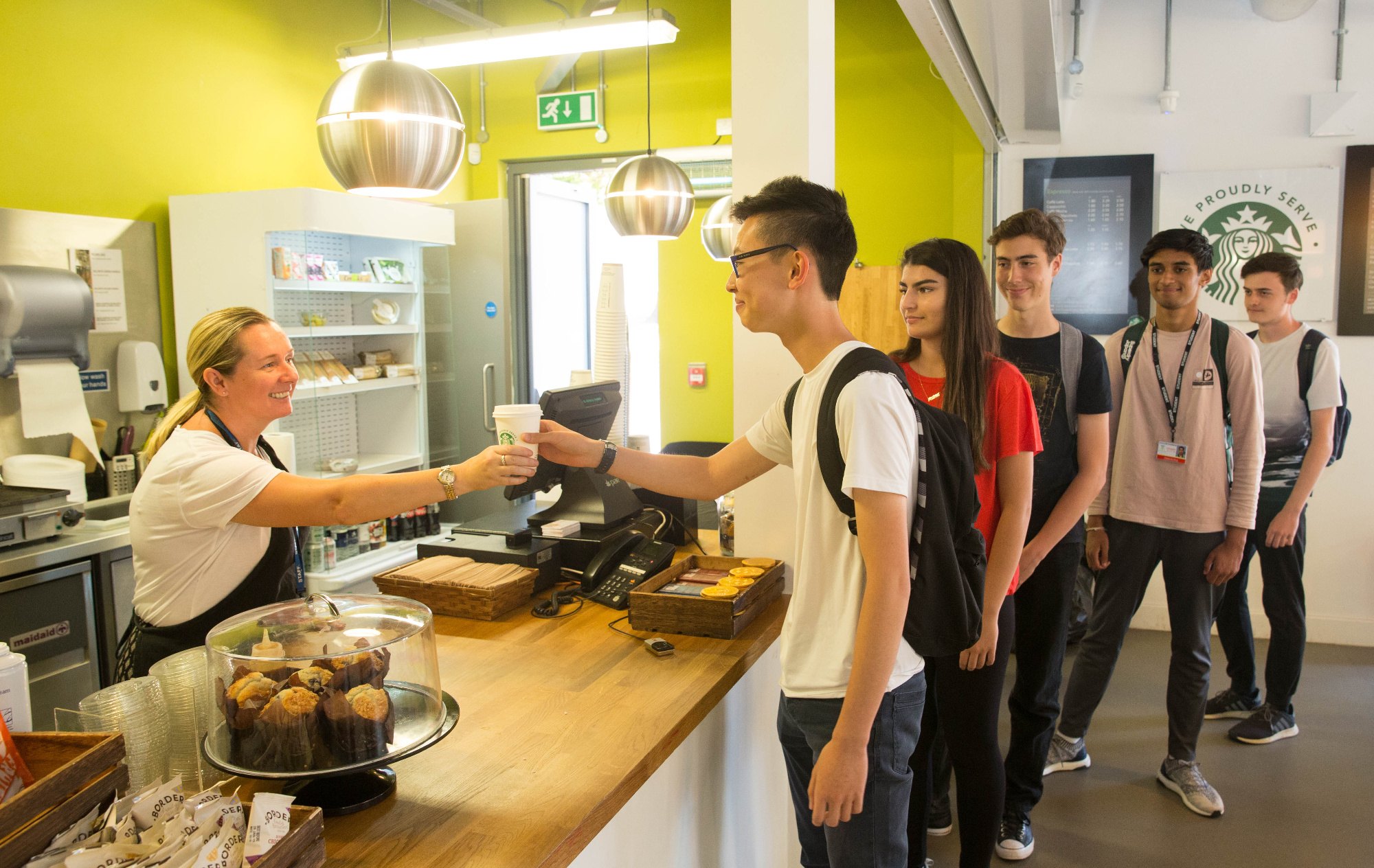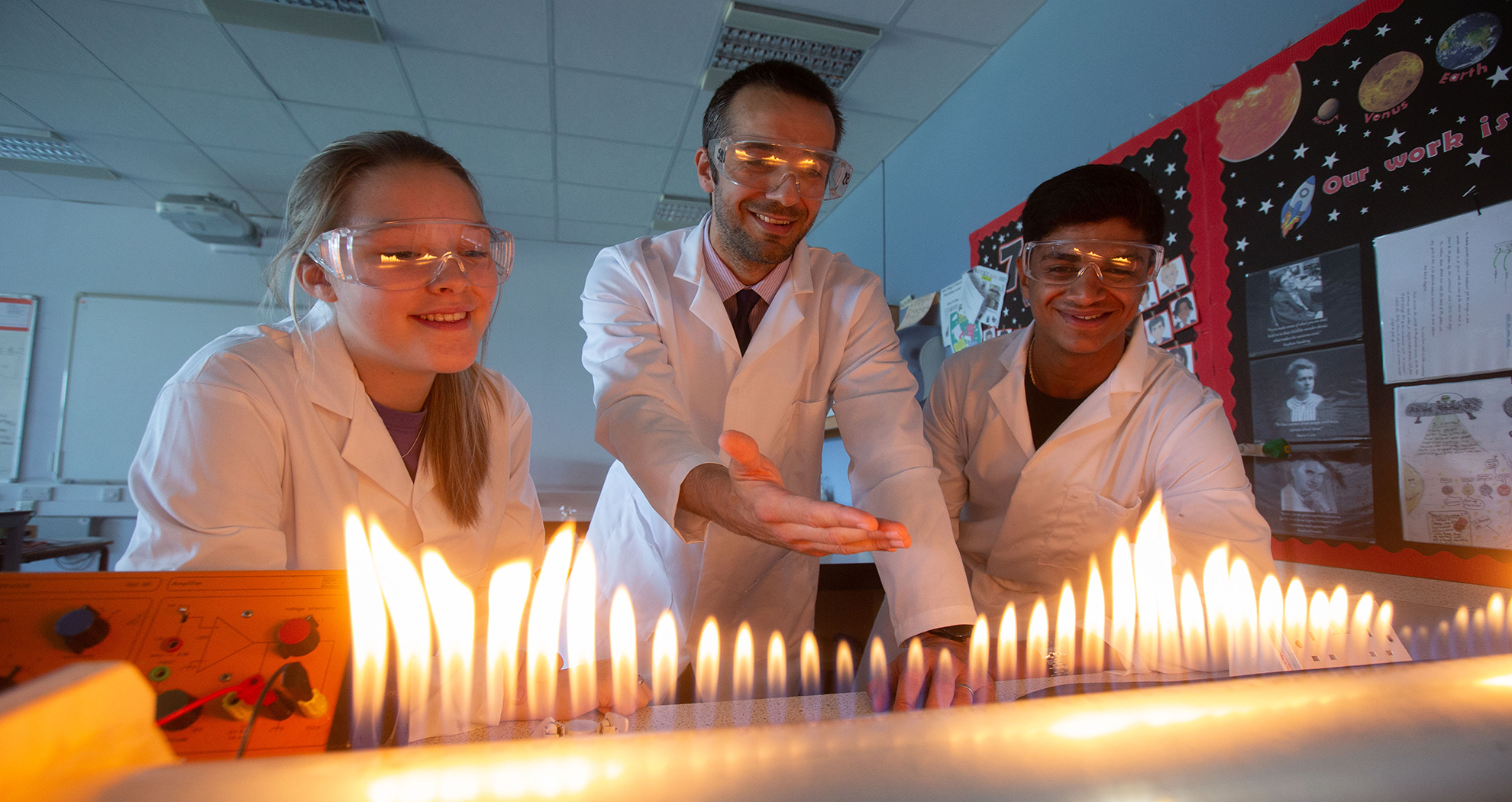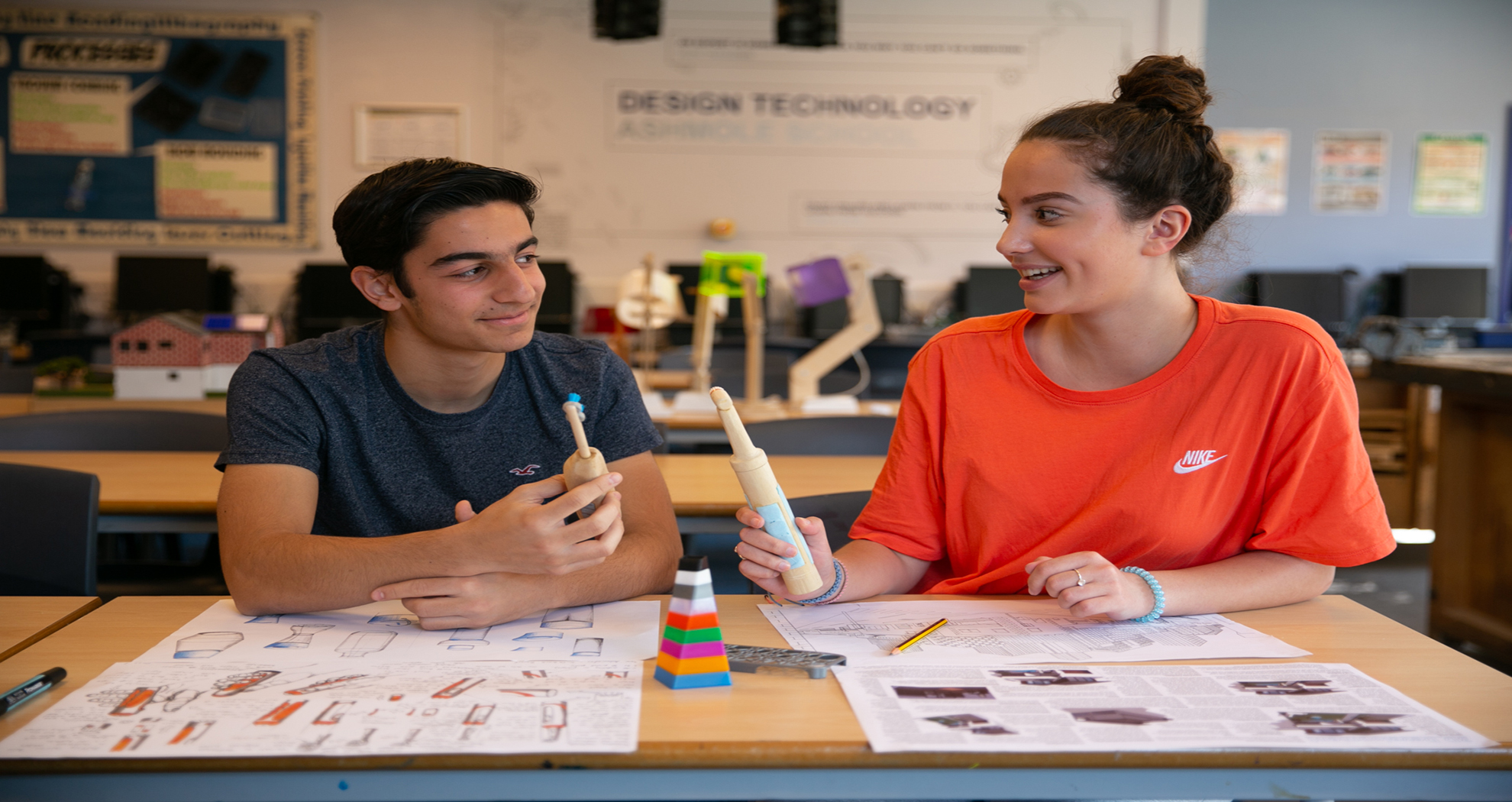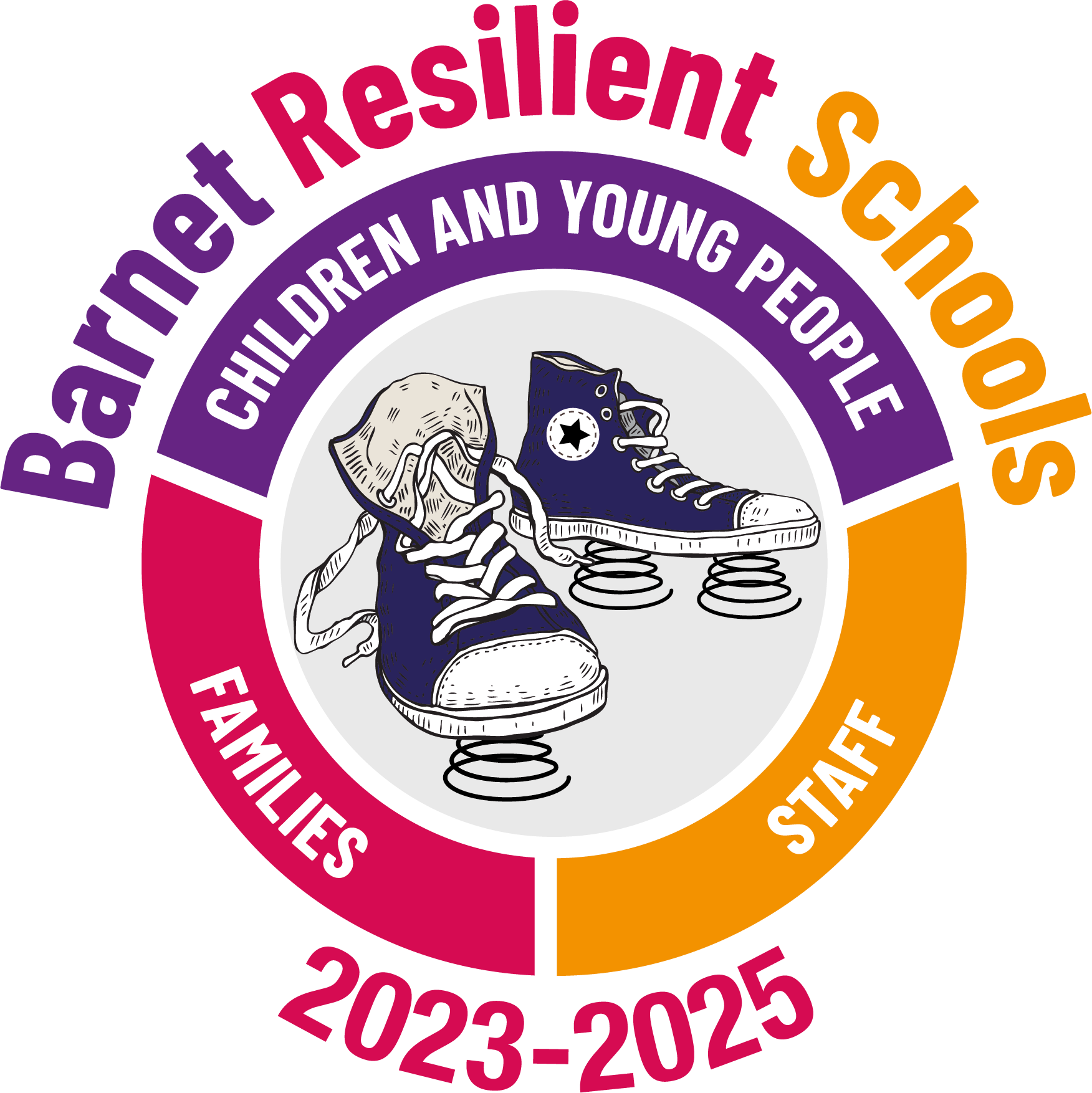Super-Curricular Activities
When applying to study at university, admissions tutors will want to see students’ passion for the subject they are applying for. They do this by looking at students’ super-curricular activities. These are activities that take students beyond the A Level curriculum in the subject they are planning to study, beyond what school subject teachers are teaching, demonstrating a passion for their chosen subject.
Admissions tutors also look at extra-curricular activities, however, these are not the same as super-curricular activities. Extra-curricular activities are those out of school activities that show students have a range of soft skills – these are about the student as a person and how they might work with others and get a job done – such as being able to work in a team, time management and leadership skills. So, extra-curricular activities count but it’s the super-curricular activities that makes for a successful university application.
The range of super-curricular activities is huge, some cost but many are free and, with the internet, students have plenty of opportunity to go that extra mile and show their passion for the subject they are planning to study at university. When students do a supra-curricular activity, it is a good idea to keep a record and think about the impact of the activity on students’ existing knowledge about the subject, how it has developed their thinking or knowledge, any skills developed and so on. Above all, super-curricular activity has to be thought of as building a case to support the student’s university application.
Below are listed a range of super-curricular activities.
The Clever Podcast is all about design and inspiring interviews with top designers.
http://www.cleverpodcast.com/
Edge magazine is an online resource that brings together leading thinkers in their fields and within broad subject areas – mind, life, culture, universe and technology. Expert conversations range from Alzheimer’s prevention to How to be a systems thinkers.
https://www.edge.org/
Isaac Physics Is described as a Department of Education project at the University of Cambridge. It aims to give students transitioning from GCSEs to Sixth Form, to university, insight into and understanding of physics by problem solving. A Level resources range from problem solving, mentoring schemes to extension resources (includes a section on maths questions to help prepare for a STEM course interview).
https://isaacphysics.org/alevel
MOOCs – online courses
MOOCs is short for Massive Open Online Courses that are mostly free. The range of online courses available is huge, from those that may be related to the subject being studied at university level to those that help develop soft skills. By selecting courses carefully, students can show a passion for their subject at university level.
- Alison (https://alison.com/courses) offers a range of courses, from art to humanities.
- Coursera (https://www.coursera.org/) has a range of courses, and works in partnership with top universities and organisations to offer courses online. Courses range from an Introduction to Engineering Mechanics to Introduction to Mathematical Thinking, and more.
- EdX (https://www.edx.org) has a wide selection of courses, ranging from science to languages and law. EdX was founded by Harvard University and MIT (Massachusetts Institute of Technology).
- Futurelearn (https://www.futurelearn.com) has partnered with leading universities to provide a wide range of MOOCs. See their website and go to individual university pages to explore the range of MOOCs available
- Udacity (https://eu.udacity.com/) is focused on courses related to computing.
- Udemy (https://www.udemy.com/) has a wide range of online courses, from design and photography to IT and software.
My HE Plus is hosted by Cambridge University. The website aims to give students the opportunity to explore different subjects beyond the school curriculum. Each subject section has been put together by Cambridge postgraduate students and academics who are at the cutting edge of research in their field. As well as guided activities, there are questions to think about and suggestions for further reading.
http://www.myheplus.com/
Created by Oxford University, Oxplore aims to engage young people in debates and ideas that go beyond the classroom. A wide range of subjects are covered, from archeology to zoology, and linked to the latest research being carried out at Oxford.
https://oxplore.org/
Staircase 12 is hosted by Oxford University and has a wealth of an online resources and information with lots of ideas to help students extend their knowledge beyond the school syllabus.
https://www.univ.ox.ac.uk/applying-to-univ/staircase12/
TED talks. Most students are familiar with TED talks and they are a great source of inspiring talks from leading experts. A good place to start are ted talks recommended by students for students.
https://blog.ed.ted.com/2017/03/16/9-ted-talks-recommended-by-students-for-students/ or https://www.weareteachers.com/ted-talks-students/
Volunteering is a great way to get experience and do something good while also gaining a range of transferable skills to help with students’ university applications.
Students should think carefully about the time commitment needed as well as what they will gain from the activity, and what they can offer too. It might help students to volunteer for activities that relate to their preferred university degree course – if this is not possible, then to think about the transferable skills they may gain that relate to their degree course. Volunteering could also provide the opportunity to develop soft skills that says something positive about a student. Students can look for volunteering roles via a number of organisations:
V-inspired is the UK’s main volunteering charity for 14 to 25 year olds. The charity helps young people to make a mark on causes they care about while learning new skills at the same time. It is possible to search by area and a specific interest or activity and find something to suit the student’s interests.
www.vinspired.com
Do-it lists volunteering opportunities for all ages so with a little persistence, students may find volunteering opportunities locally, searching by activity and area or postcode.
http://www.do-it.org.uk
Why Not Chem Eng has everything students need to know about chemical engineering.
https://www.icheme.org/education/whynotchemeng/
Wider reading
Students are advised to read around the subject they plan to study and keep up to date with developments in their subject of choice. This can be through journals or through books written by experts in their areas of interest, or documentaries. A starting point may be to look up university research/areas of development/projects, which can be found on individual university websites.
Work experience
Students are advised to gain work experience relevant to their chosen field of study. This will not only gives students an insight into their preferred subject/career, but it enables them to make an informed choice and it shows a level of commitment to the degree subject they are planning to study.

